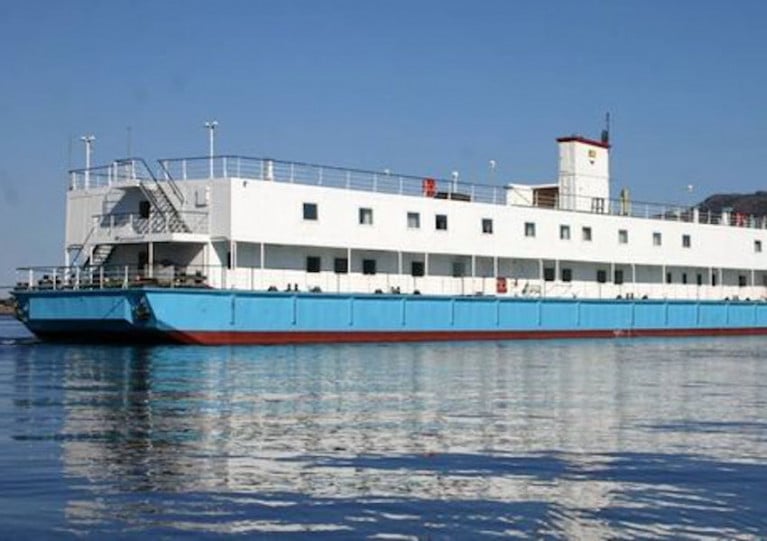Displaying items by tag: Floating hotel
Plans for Ireland’s First Floating Hotel Get Go-Ahead
The green light has been given to Ireland’s first floating hotel, as BreakingNews.ie reports.
In May last year Afloat.ie carried news of the proposals to bring a 70m barge to the Lower Bann at Crannagh Marina in Coleraine, Northern Ireland.
Seamus Carey, owner of the Crannagh Complex, said he was motivated by a “surge” in visitor numbers to his marina before the first COVID-19 lockdown — as well as his disappointment in losing a Mississippi-style paddle steamer that he had first intended as an attraction.
Now Carey has expressed his delight at planners’ approval to moor the barge, which would be fitted out as a four-star hotel with 36 en-suites as well as facilities for dining and functions.
BreakingNews.ie has more on the story HERE.
River Bann Could Host Ireland’s First Floating Hotel
Two years after his dream of a riverboat barge on the River Bann was lost to the Irish Sea, a Northern Ireland marina owner is making plans for Ireland’s first floating hotel, as Belfast Live reports.
Seamus Carey, who owns the Cranagh Marina Complex, has filed a planning application for a 70-metre barge he’s found in Norway which he intends to renovate into three-star accommodation with 36 cabins, a restaurant and function room.
He said “surge” in visitor numbers at his marina complex before the Covid-19 lockdown moved him to reflect his plans — which initially sank with the loss of the Mississippi-style paddle steamer MV Oliver Cromwell off the North Wales coast in May 2018.
Belfast Live has more on the story HERE.



























































